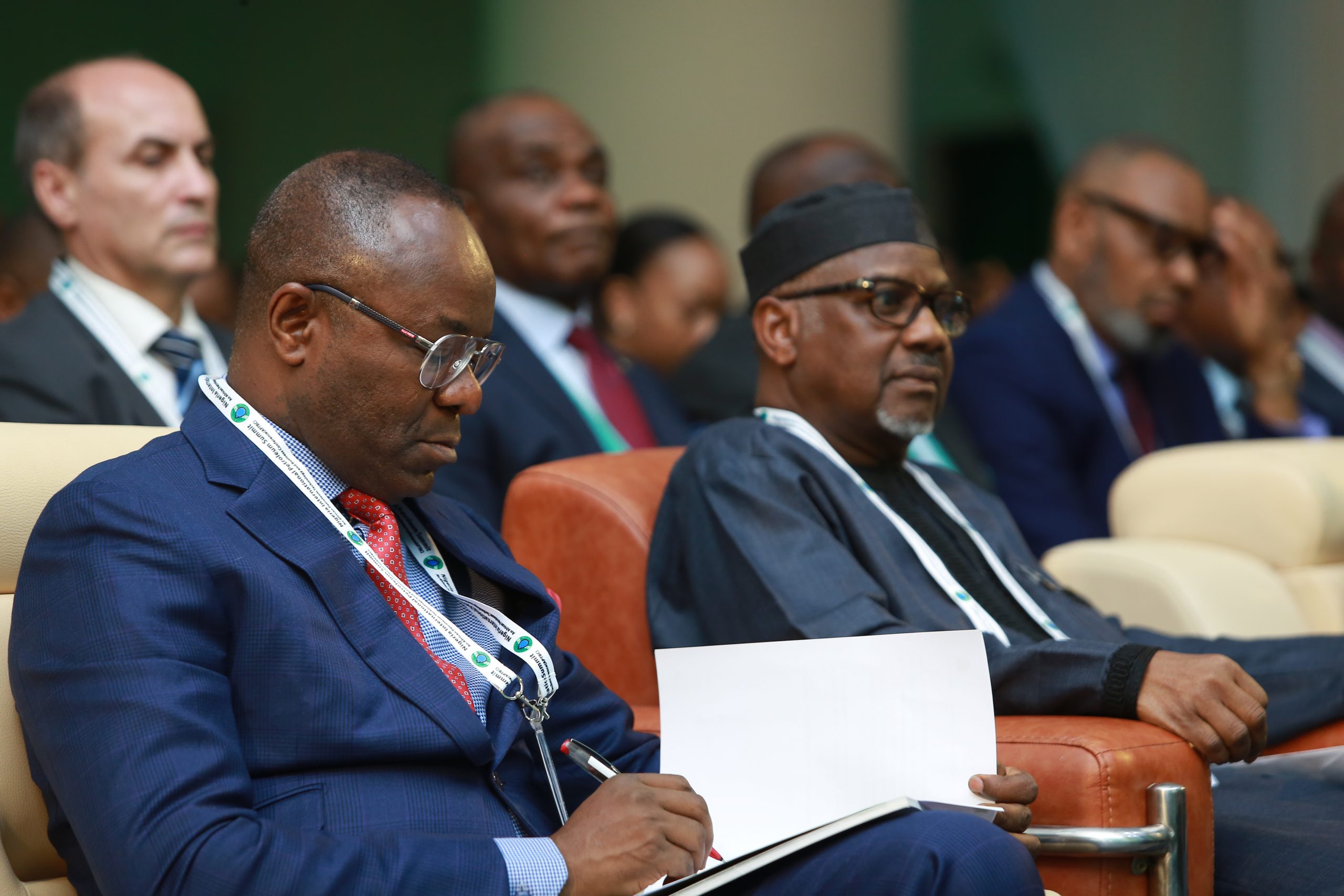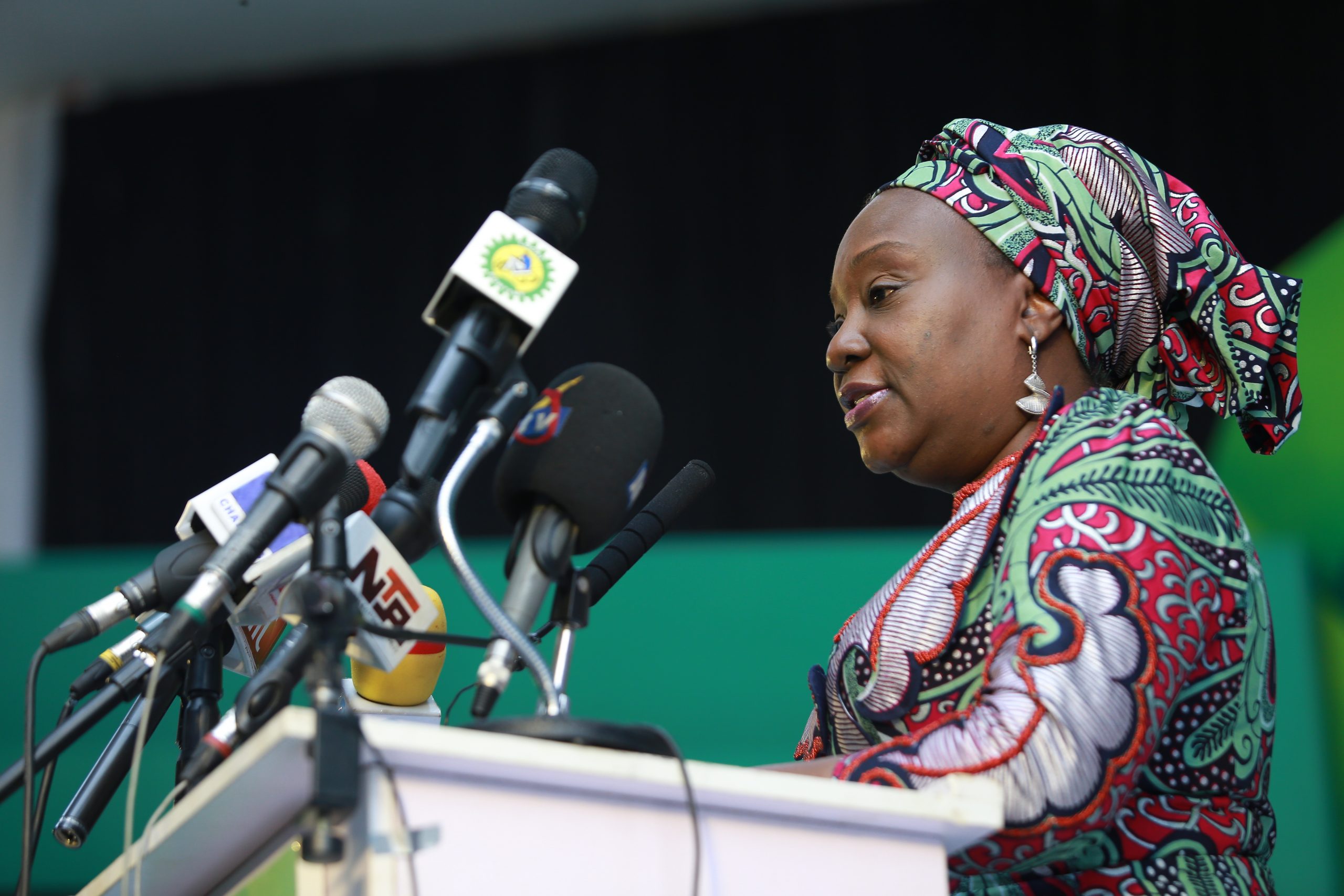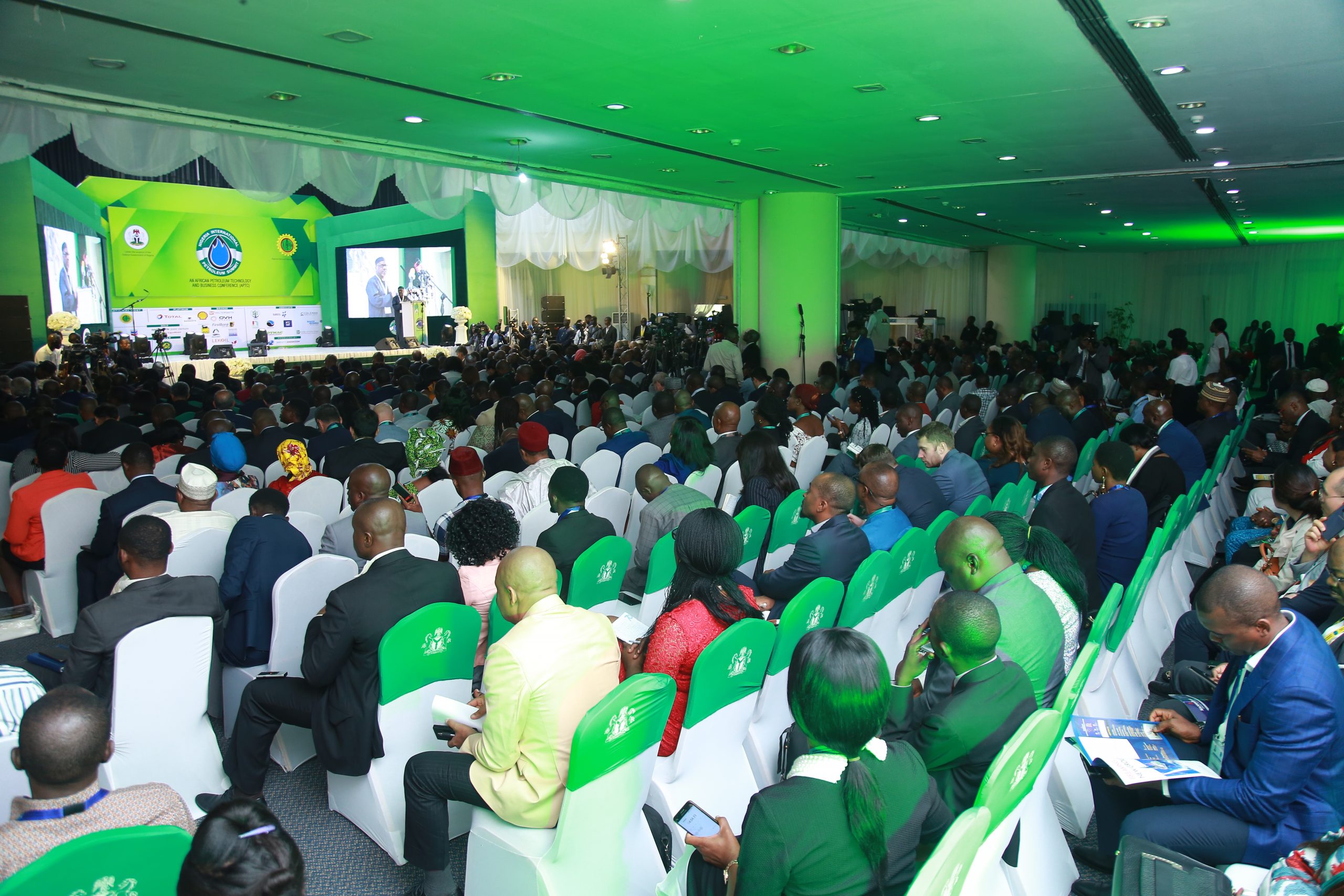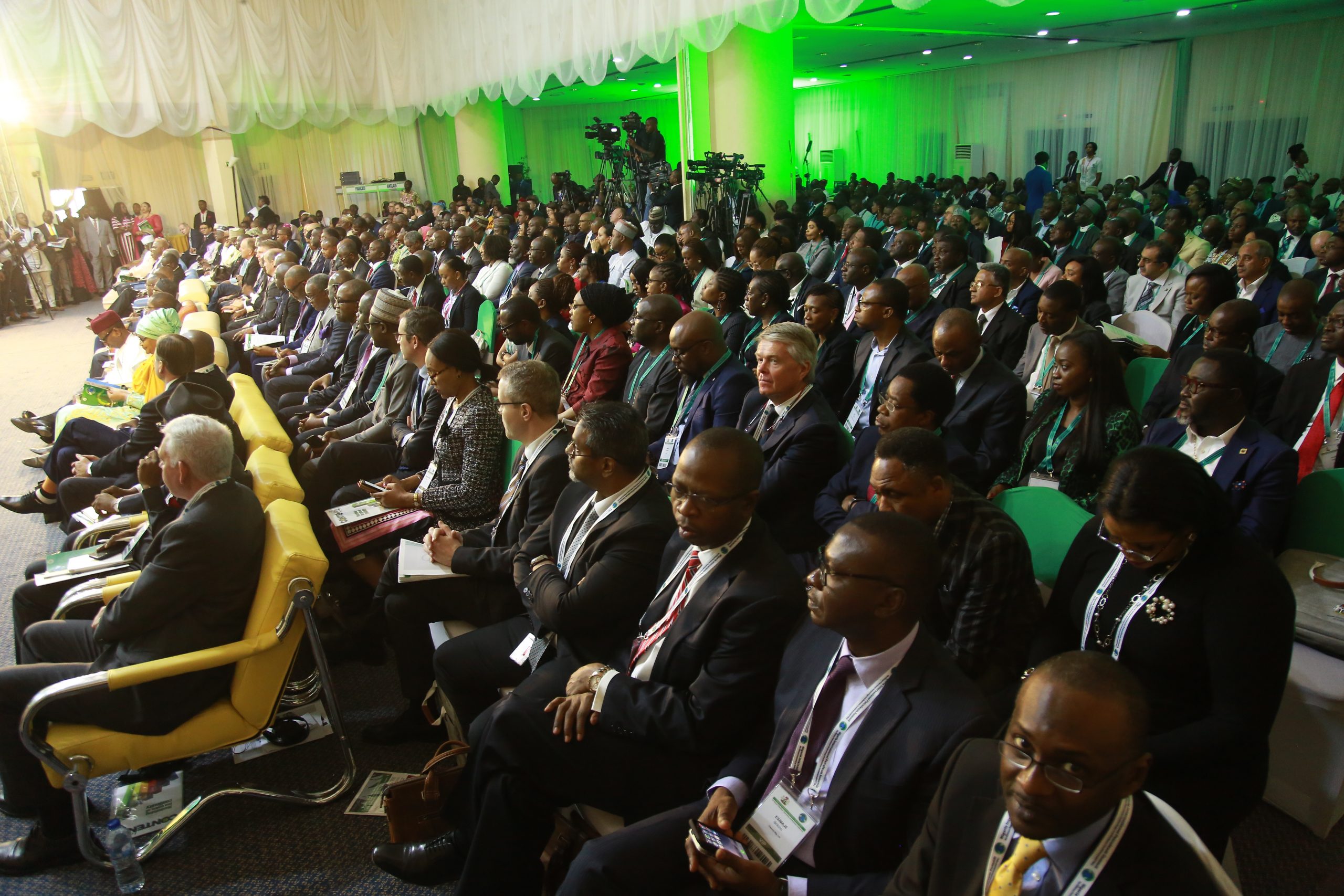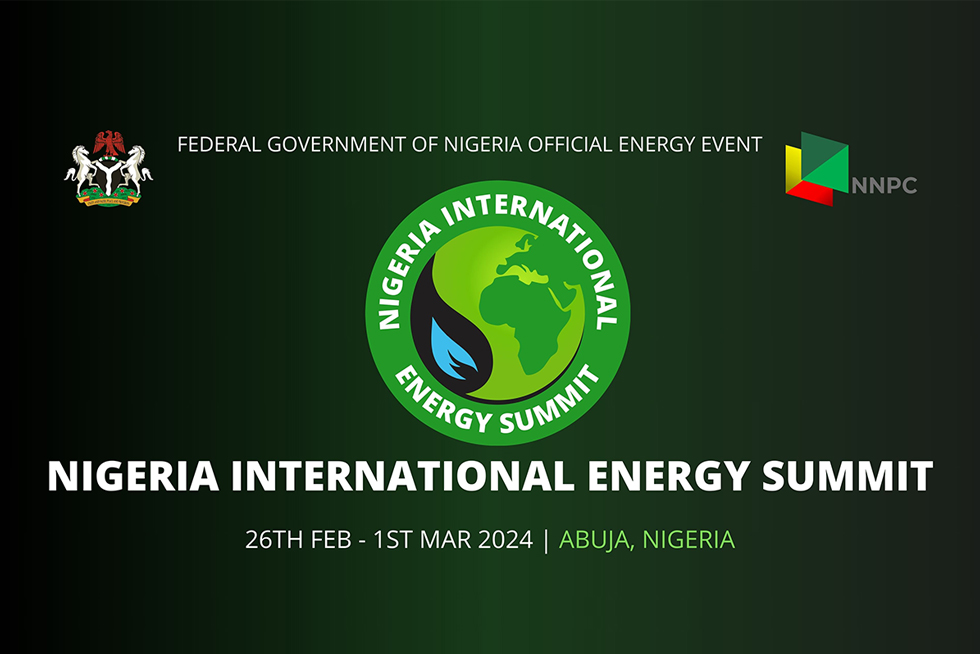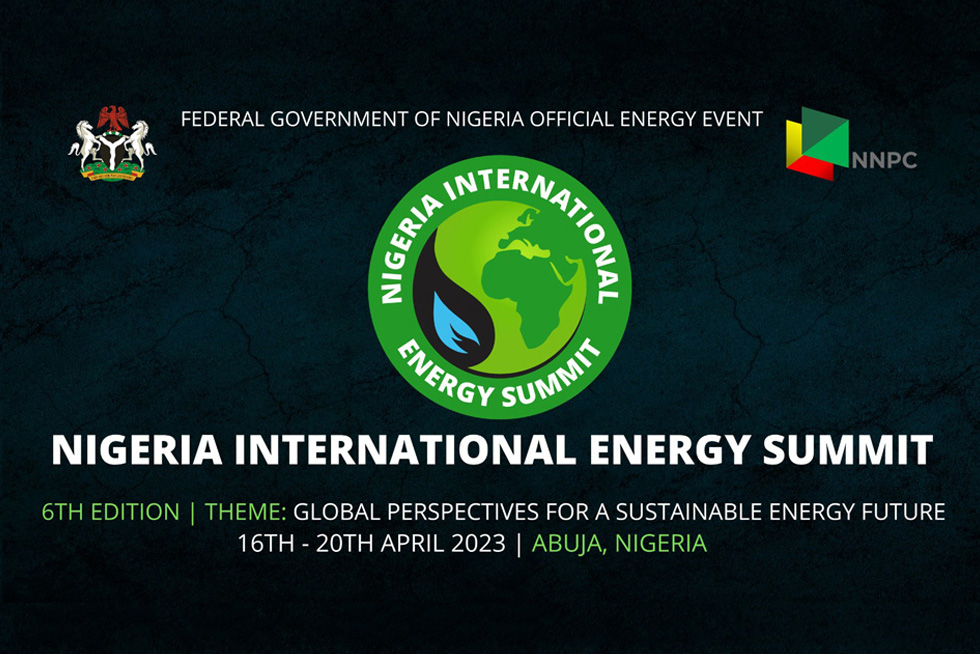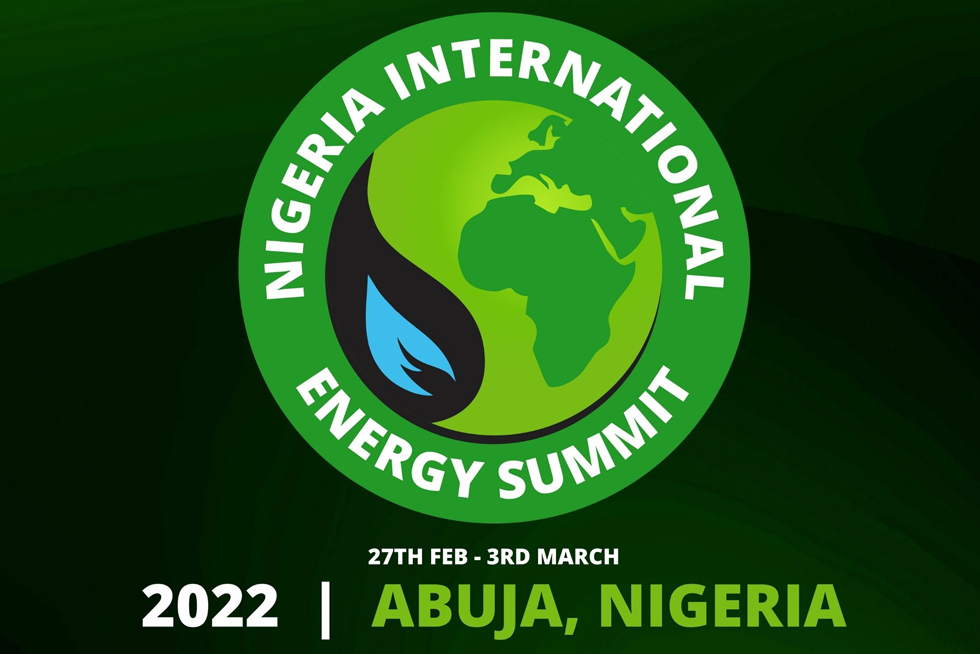The 7th edition of Nigeria International Energy Summit (NIES), organized by Brevity Anderson on behalf…
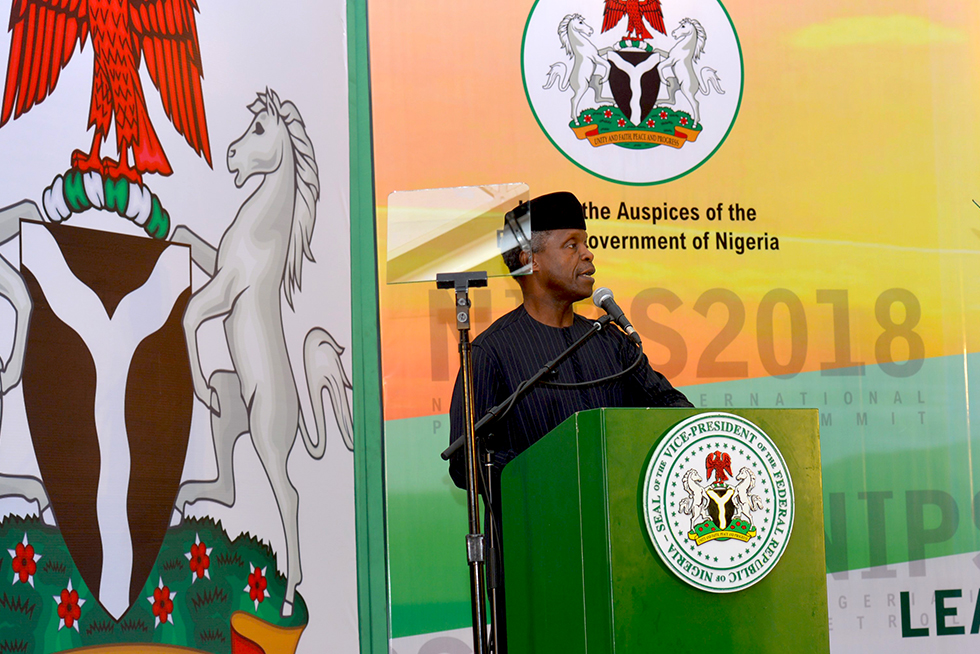
The maiden edition of the Nigeria International Petroleum Summit (NIPS) had a total of 11 sessions which took place over 5 days. Below is the executive summary;
The federal government attaches importance to the summit as it represents Nigeria’s contribution to encouraging players to work for the growth of the oil and gas industry.
It is therefore considered as the premium African petroleum conference that provides the strategies to harness African hydrocarbons resources. The conference was identified by delegates as Africa’s own version of Offshore Technology Conference (OTC) in Houston, Texas, USA.
The conference noted that the declaration of Cooperation of OPEC and non OPEC countries led to the recoveries recorded so far in the global oil market. Nigeria, therefore, is determined to continue its contribution to the OPEC as market stability will continue to play a key role in global economy.
The Conference noted that collaboration between African oil producers is important.
Africa needs to adopt globally competitive fiscal policies. This will help drive growth in the industry. Players also must be globally competitive in the service they provide.
Efficiency of regulation requires collaboration between regulators in different African countries.
Others African countries should open their doors to Nigeria entrepreneurs so that experiences can be shared.
The conference was informed that at the beginning of President Buhari administration, the energy sector was in bad shape. The government decided to pay attention to a number of critical areas. This led to the 7 Big Wins.
The conference was informed that the President is determined not to sell the country’s refineries. To rebuild the refineries, therefore, private sector investors were invited to provide loans. In the long run, Nigeria must aim to be the refining hub of Africa.
Niger Delta security is considered key to the growth, development and stability of the oil and gas industry. To stem the tide of militancy, the federal government decided to engage the militants. These engagements are ongoing
A regional economic integration is planned for the Niger Delta states to achieve traction in integrating and leveraging on what is available to the states.
The federal government should multiply the value addition of oil and gas in country to grow the country. The Niger Delta should be the hub of the oil industry.
The Conference was informed that the government is currently engaging governors of oil producing states. There is also engagement with the communities.
To prevent future recurrence of past downturn in oil and gas sector as was seen during the recession, the conference noted that cost competitiveness must be maintained. However, cost reduction alone does not always result to efficiency. The reliability of service is also important.
For the gas sector to grow, the sector must transit to a willing buyer-willing seller in a transparent and deregulated market. To this end, bills that are designed to enable gas development should be passed by the national assembly before the end of this administration.
Nigerian investors should take the initial risk to make investment in gas infrastructure. This is based on the opportunity that is available where over 90 million people do not have access to power.
To address the issue of illegal refining, conference concluded that if the country continued to increase our capacity in legal and proper refining, the illegal refineries will eventually fade away.
To restore Nigeria’s competitive role, conference was informed that the country should remove all subsides.
Modular refineries will help in bridging the gap for the shortfalls in refined products. Government should encourage investors to put money in modular refineries by providing incentives such as waivers and crude oil should be guaranteed for anybody that will set up modular refineries.
The conference was informed that Government is working with development banks to support local entrepreneurs who are setting up modular refineries.
Conference determined that Nigeria can incentivize small companies and Nigerian independents to develop and use technologies to solve problems.
Local content is a partnership and a journey that involves all stakeholders.
The Nigeria content must lay emphasis on research and development to grow local expertise.
Finally, there should be a reassessment of government policy regarding power. Government should give approval for localized power plant targeted at catchment areas away from the national grid.

